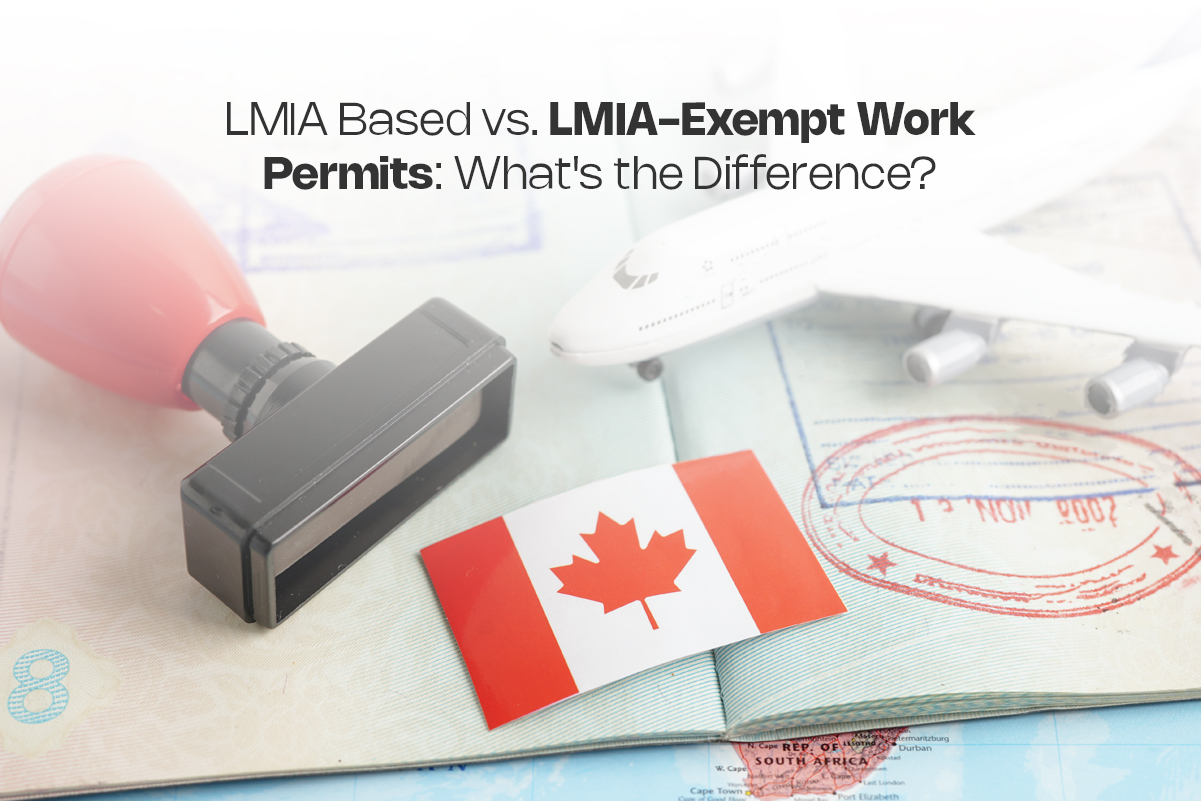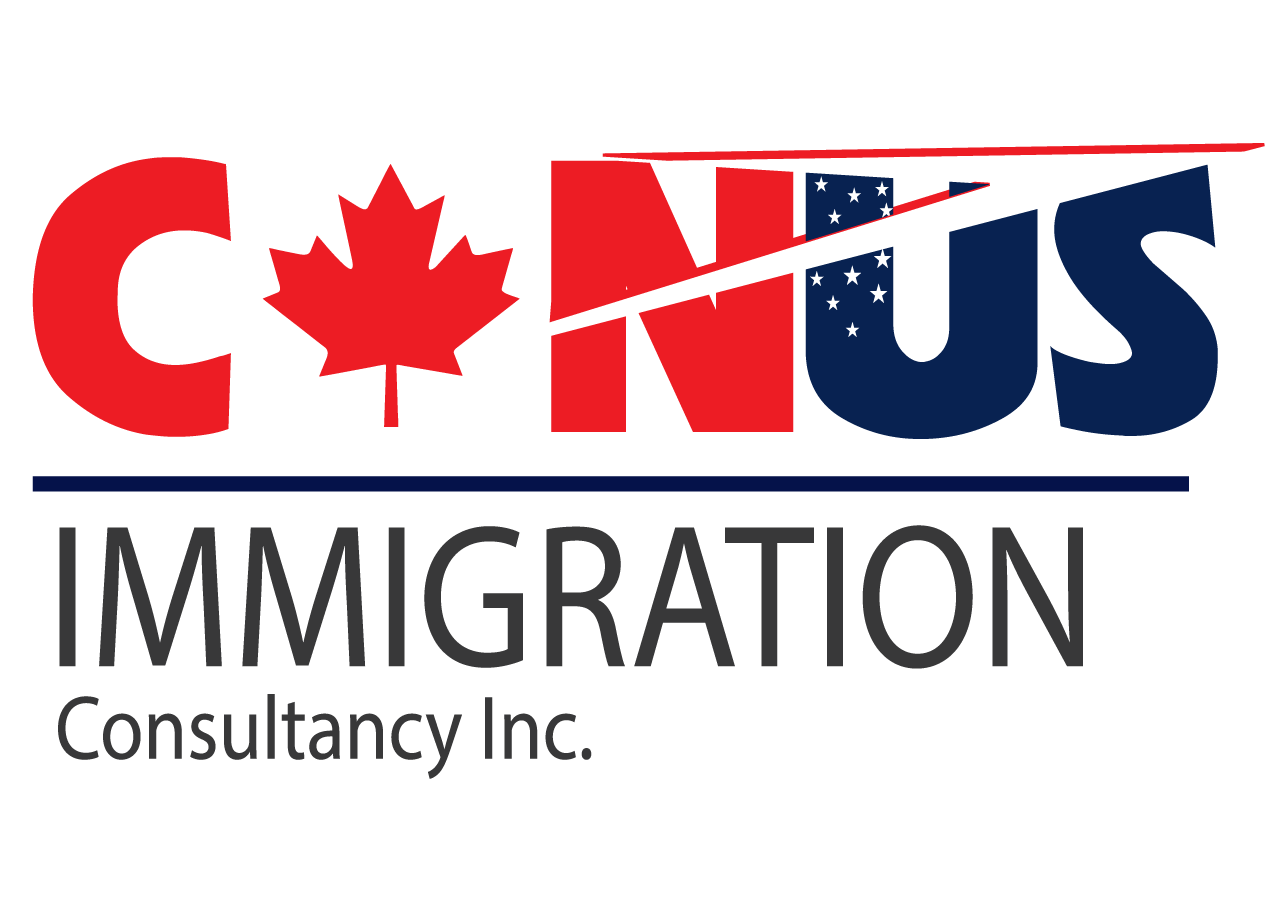LMIA Based vs. LMIA-Exempt Work Permits: What's the Difference?

Working in Canada sounds exciting, right? But first, you need the right work permit. Many people get confused about which permit to choose. Canada offers two main work permit types. Some need LMIA approval, others don’t. Each type has different rules and benefits. Picking the wrong one can delay your plans for months.
What is LMIA?
LMIA stands for Labour Market Impact Assessment. Canadian employers must get this document before they hire foreign workers. A government office called ESDC checks if hiring a foreign worker will hurt Canadian job seekers. This process makes sure Canadians get first chance at jobs.
LMIA-Based Work Permits Made Simple
An LMIA based work permit Canada requires your employer to prove something important. They must show they cannot find Canadian workers for the job. This permit ties you to one employer and one job location. You cannot change employers without getting a new permit.
The process starts when your employer applies for LMIA. They must post the job for at least four weeks. They must show they tried to hire Canadians first. The employer pays $1,000 for each job position. After approval, you can apply for your work permit.
Getting an approved LMIA based work permit Canada takes several steps. Your employer must offer good wages and working conditions. They must prove that hiring you helps Canada. The whole process can take many months.
Why Choose LMIA-Based Work Permits
These permits help you get permanent residence in Canada. You earn extra points in the when you have a job offer with LMIA. This boost improves your chances of getting invited to apply for permanent residence.
These permits also give you job security. Employers spend lots of time and money on the LMIA process. Companies will likely support your career goals when they make this investment.
LMIA-Exempt Work Permits Explained
LMIA-exempt work permits do not need labour market assessments. Employers do not have to prove they cannot find Canadian workers. These permits have several categories. Some examples include company transfers and trade agreements.
Many workers qualify for these exemptions. Academic researchers get them. Religious workers get them. Some skilled workers also qualify. The rules depend on your job type and situation.
Types of LMIA-Exempt Permits
LMIA-exempt work permits have many types. Each type helps different groups of workers. The open work permit gives you the most freedom. You can pick any employer in Canada. You can change jobs when you want to change.
- An open work permit lets you work for any Canadian employer you choose.
- You can change jobs anytime
- Spouses of skilled workers get these permits to work freely in Canada.
- Spouses of international students also qualify for open work permits.
- Some refugees and protected persons receive open work permits too.
Students get work permits after they graduate from Canadian schools. These permits help them gain work experience in Canada after finishing their studies.
Main Differences Between Both Two Types
The application process is very different for each type. LMIA-based applications need employer help and take longer. LMIA-exempt applications are often faster and simpler.
Your job flexibility changes a lot between permit types. LMIA-based permits lock you to one employer and location. Many LMIA-exempt permits let you change employers freely. The open work permit category gives you the most freedom.
Processing times are also very different. LMIA applications take four to six months. Some LMIA-exempt permits process in just weeks. This timing difference affects your career plans and money situation.
How to Choose the Right Permit
Your choice depends on your goals and situation. Do you have a specific job offer from a Canadian employer? An LMIA-based permit might work well. Do you want to explore different job opportunities? An open work permit could be better.
Think about your long-term goals in Canada. LMIA-based permits give you more points for permanent residence. But LMIA-exempt permits might help you gain Canadian work experience faster.
Consider your family situation too. Spouses often get different permit options. Students have special pathways after graduation. Each situation needs a different approach.
Getting Professional Help
Canada’s immigration system can be confusing. Working with experts can save you time and money. They help you avoid costly mistakes. When looking for the best immigration consultant near me, choose licensed professionals with good records.
A good consultant checks your situation and suggests the best permit type. They know current immigration rules. They guide you through applications step by step. The best immigration consultant near me gives honest advice and realistic timelines.
Check consultant credentials before hiring them. Look for positive reviews from past clients. Ask about their success rates. Good consultants explain everything clearly and answer your questions.
Current Processing Times and Rules
Processing times in 2025 vary by permit type and your home country. LMIA applications take 12-20 weeks. Work permit applications take another 4-12 weeks after LMIA approval. LMIA-exempt permits often process faster, sometimes in 2-8 weeks.
Document requirements have gotten stricter recently. Make sure you provide complete and correct information. This prevents delays and refusals. You might need medical exams and police checks depending on your situation.
Keep all your documents organized and up to date. Missing papers cause the most delays. Double-check everything before submitting your application.
What Type of Work Permit Should You Choose?
Start by listing your priorities. Do you want job security or flexibility? Do you need to start working quickly? Do you plan to stay in Canada permanently? Your answers help determine the best permit type.
Research employers in your field. Some companies prefer LMIA-based workers. Others hire workers with open permits. Understanding employer preferences helps you make better choices.
Consider the costs involved. LMIA-based permits cost more upfront but might save money long-term. LMIA-exempt permits often cost less but might limit your options.
Conclusion
Both LMIA-based and LMIA-exempt work permits help you work in Canada. Each type has good points and challenges. LMIA-based permits offer job security and help with permanent residence. LMIA-exempt permits give you more flexibility and faster processing.
Choose the permit type that matches your goals and situation. Think about your career plans, family needs, and long-term goals in Canada. The right choice makes your Canadian journey smoother and more successful.
